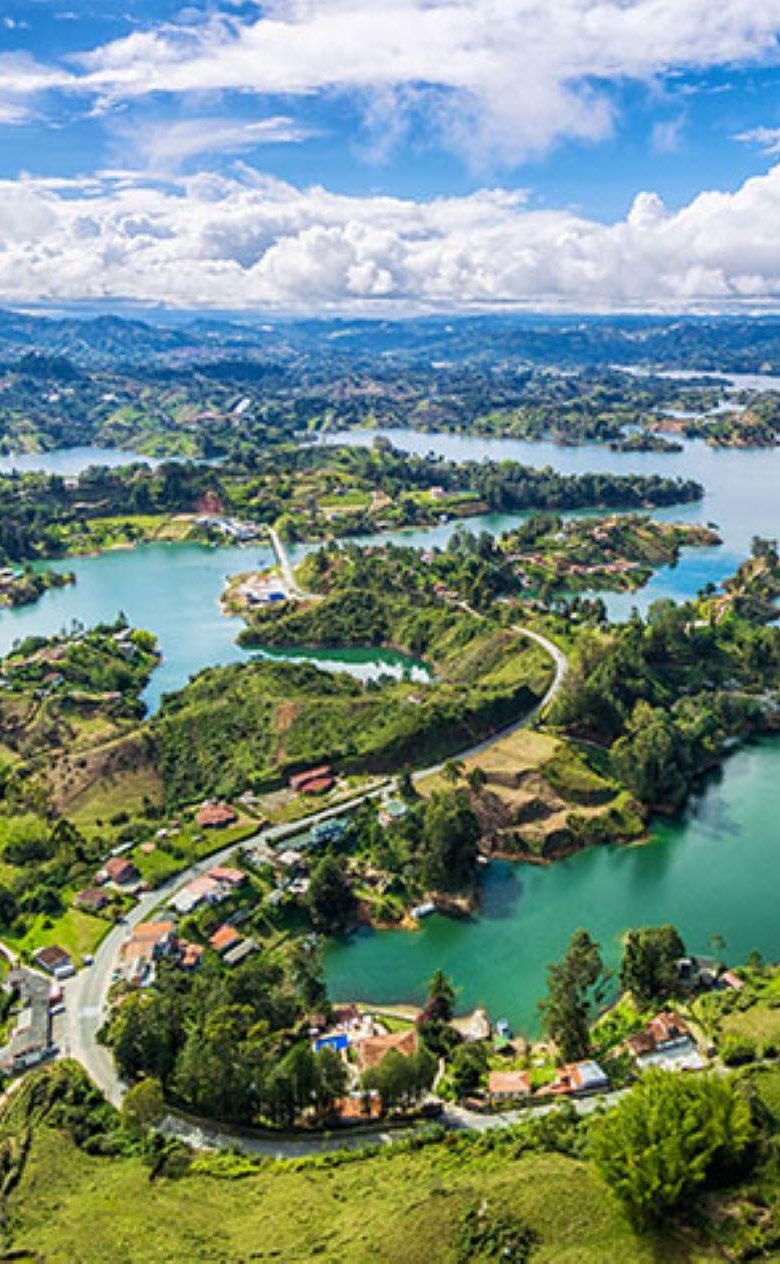Latin America and the Caribbean
The ‘Green Transition’ sweeping across Latin America and the Caribbean is an opportunity to tackle the threats of climate change, whilst stimulating growth. Deltares’ expertise and specialised consultancy offers nature-based solutions, that we create together with our local partners.

With a vibrant and growing population, Latin America and the Caribbean is a dynamic region with enormous potential. It is home to unique natural resources; Latin America is one of the world’s most biodiverse regions, and the Caribbean is often described as a ‘biodiversity hotspot’.
However, although the Latin America and the Caribbean only account for 8% of global greenhouse gas emissions, the region is increasingly dealing with the consequences of climate change. These include changes in temperatures and precipitation, extreme weather and weather-related disasters, melting glaciers, river and coastal floods, and droughts. Highly urbanised coastal areas and small island states have become more vulnerable to sea level rise.
These challenges all have a profound impact on local communities, the economy, and the environment. However, they are also opportunities for the region in the form of the so-called ‘Green Transition’. Many countries are already embracing this transition and taking climate action by investing in renewable energy, decarbonisation efforts, and resilient infrastructure. There is huge further potential for renewable sources such as solar, wind, and geothermal. Nature-based solutions offer potential not just for hazard reduction, but also for the adaptation of existing infrastructure and built up areas.
Local expertise and partnerships
Together with our Latin American and Caribbean partners, Deltares aims to build on the existing and growing knowledge base by finding innovations, nature-based solutions, and local applications to these challenges. Our experts have established local networks, ensuring we work together closely with local communities and relevant stakeholders. Many of them are from the region themselves and have extensive local experience and in-depth knowledge and understanding of the challenges on the ground. Projects are done in collaboration with our long-term partners, with tangible results.
Much of our work is carried out through concrete projects for clients in the private and public sectors. We cover a wide range of sectors, including natural resources, water and the environment, and development and infrastructure. Our clients include public utilities and energy providers, international and regional enterprises, national and regional governments, water managers, and local authorities.
Specialised consultancy
We offer specialised consultancy to co-develop nature-based solutions. Our focus on integrated water resource management allows us to contributing to enhance water security across Latin America and the Caribbean, including groundwater and surface water, and adapting to fit the rich geological landscapes and taking into account the individual situations and requirements for countries and regions. We provide open software, tools and expertise to decision-makers to help with forecasting, ensuring they have clear and reliable information.
Our local experience with resilient infrastructure development means we work together with local authorities to reduce the flood risks to cities. We also develop integrated solutions for urban water management and river management, coastal management, and balancing economic, ecological, and societal needs. We support authorities to understand and quantify vulnerabilities and risks resulting from climate change, developing robust and feasible coping strategies to natural disasters.
Dare to share
Deltares believes in openness and transparency, and that sharing knowledge and innovative insights worldwide enables delta life. Our dare to share principle applies to all our clients and includes the software and tools we develop, as well as our specialised and tailor-made consultancy solutions. We offer capacity-building and hands-on training, with an emphasis on collaborative development.
Climate adaptation is at the core of our work. Our solutions help enhance water security across Latin America and the Caribbean, ensuring the region is able to face the challenges brought on by climate change in a way that is beneficial to the society, the economy, and the environment.

